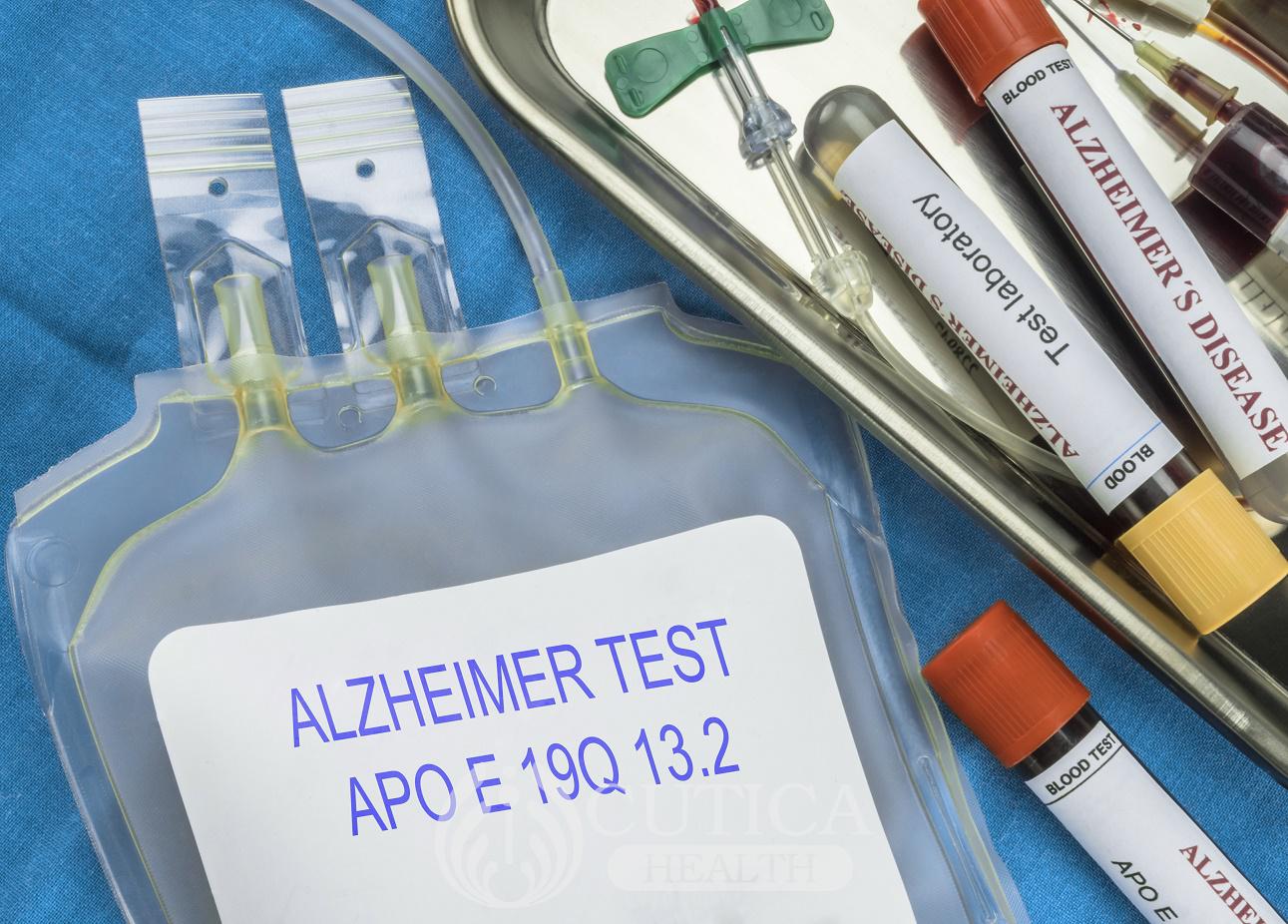
Both forms of the disease cause progressive memory loss. Advanced Alzheimer's disease is difficult for patients and their caregivers. There is no effective treatment to prevent, reverse or stop the progression of Alzheimer’s disease. The best that can be done with available medications is to relieve some of the symptoms for a while, but the disease inevitably progresses.
Doctors have known for a while that a gene called Apolipoprotein E (apoeE) is a major genetic risk factor for late-onset Alzheimer’s disease. New research has now shown that it may be possible to treat this form of Alzheimer's disease by blocking apoeE. The researchers were able to show that blocking apoeE reduced accumulation of β-amyloid in the brain. This is exciting because β-amyloid is the abnormal protein that is found in the brain of persons with Alzheimer's disease. The treatment is still being tested on laboratory mice, so there is a long road ahead before knowing if it is effective and safe in humans.












